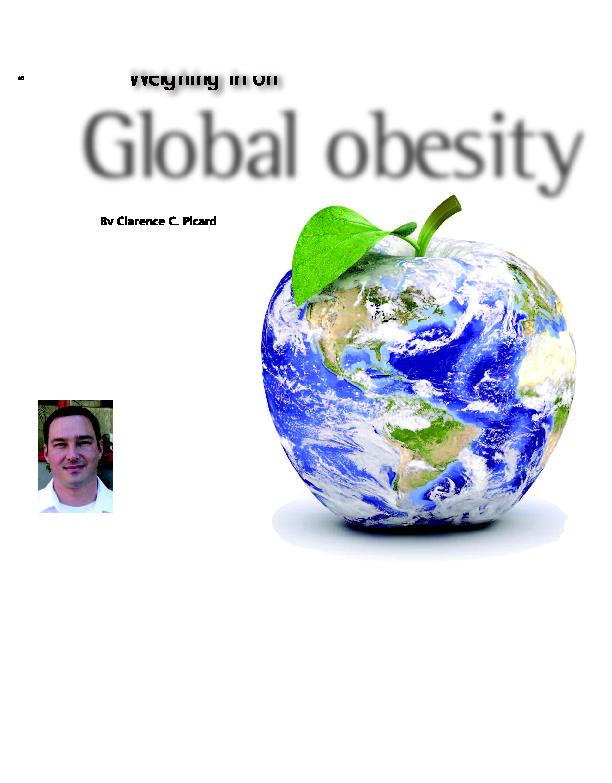
man. In the last 12 months, the
health psychologist and St. Bona-
venture professor has published six
504-page study guide and presented at the
major conference for psychology teaching,
with more to come.
eating has been a hit in the popular media,
Buffalo's WGRZ-TV, Men's
Health, Men's Fitness and
Prevention magazines. When
contemplating the reasons for
his recent popularity, Privitera
starts with a quote from Emily
Dickinson: The mere sense of living
is joy enough.
have that anywhere in the world
you consider 4 percent of our lives is spent eating
-- and that's not including the time we are preparing
food, thinking about food, dreaming about food -- it's all
about food."
spending more and more time considering their diet and nutrition,
but the results aren't matching the industry's growth. The obesity
rate has tripled nationally, and has doubled amongst preschoolers
since 1980.
understand how they think about food.
Privitera. "I realized my problem was that I had fallen in love with
bad foods, but I couldn't just stop eating them.
addressing how to get people to shift their diets. I
think a big part of it is that you have to enjoy eating
healthier."
on the idea of, "how do we get people to like healthier
foods, and how do we increase the likelihood that peo-
ple will eat healthy?"
said Privitera. "But now I joke that all I did was move a
bowl of fruit and everyone wants to talk to me."